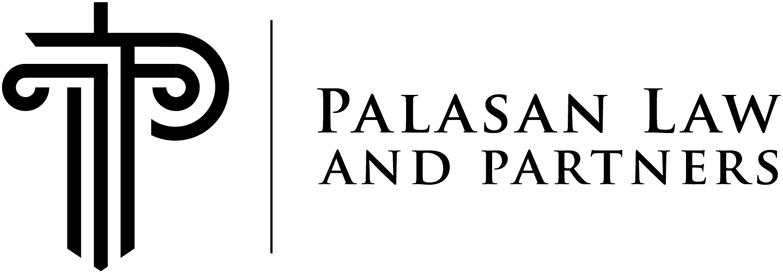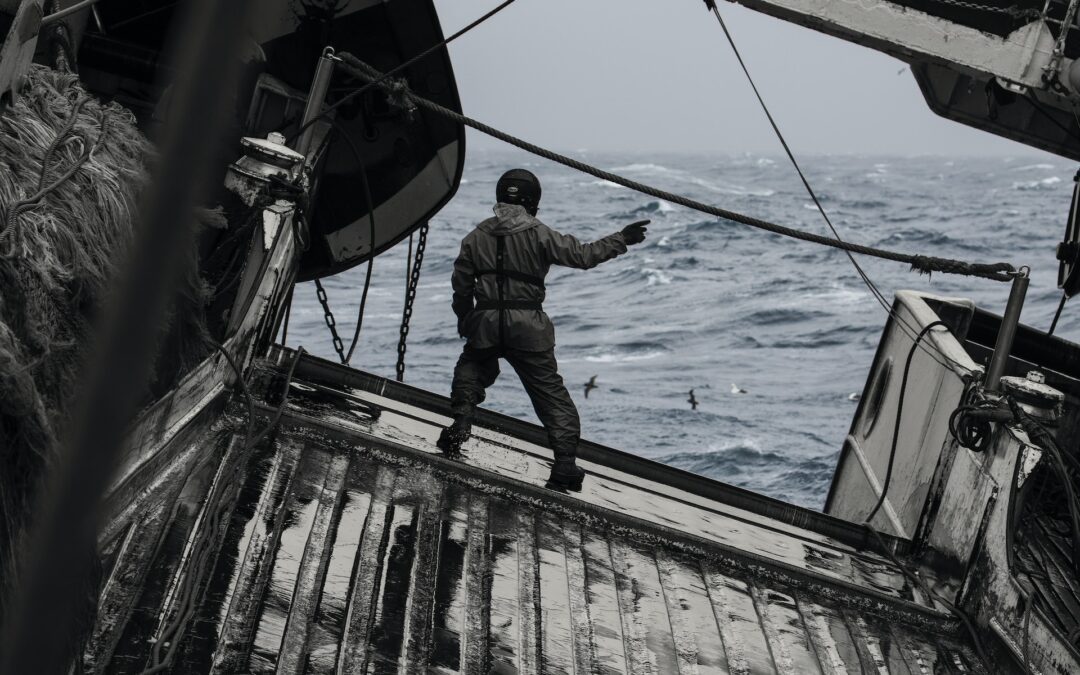Consistent with the Court’s constitutional mandate to afford full protection to labor, the Court laid down guidelines to govern disability benefit claims where the seafarer requests for a third doctor referral.
In a Decision penned by Justice Samuel H. Gaerlan, the Supreme Court En Banc dismissed the Petition for Review on Certiorari filed by Teodoro B. Bunayog challenging the rulings of the Labor Arbiter (LA), the National Labor Relations Commission (NLRC), and the Court of Appeals (CA). The LA, NLRC, and CA all denied Bunayog’s complaint for total and permanent disability benefits against his employer, Foscon Shipmanagement, Inc. (Foscon).
In 2016, Bunayog, a chief cook onboard the vessel M/T Morning, was diagnosed with pneumonia. After treatment and evaluation, the company-designated physician declared Bunayog fit to work.
Bunayog, however, presented a conflicting evaluation from his physician of choice, who declared him unfit for sea duty. Bunayog also requested another medical examination to confirm his permanent disability, but his employer, through Foscon president Evelyn M. Defensor, failed to respond to his request.
Bunayog was thus prompted to file a complaint before the LA for total and permanent disability benefits, among others. However, the LA dismissed his complaint. The NLRC and CA subsequently upheld the LA’s ruling.
The Supreme Court, in ruling on Bunayog’s petition, first clarified the rules to be applied in cases like Bunayog’s where, following conflicting findings from the company-designated physician and the seafarer’s physician of choice, the seafarer subsequently requests for a third doctor.
The Court then set the following guidelines:
1. A seafarer who receives a contrary medical finding from his/her doctor must send to the employer, within a reasonable period, a written request to refer the conflicting medical findings to a third doctor, to be mutually agreed upon by the parties, and whose findings shall be final and binding between the parties.
2. The written request must be accompanied by or must indicate the contents of the medical report from his/her doctor. Otherwise, the written request shall be considered invalid and as if none had been requested.
3. In case there was no valid request for a third doctor referral from the seafarer, the employer may opt to ignore the request or to refuse to assent, either verbal or written, to such request without violating the pertinent provision of the Philippine Overseas Employment Administration – Standard Employment Contract (POEA-SEC).
Accordingly, if a complaint is subsequently filed by the seafarer against the employer before the labor tribunal, and the parties, after a directive from the LA pursuant to NLRC En Banc Resolution No. 008-14, fail to secure the services of a third doctor, the labor tribunals shall hold the findings of the company-designated physician final and binding, unless the same is found to be biased, i.e., lacking in scientific basis or unsupported by the medical records of the seafarer. In such a case, the inherent merits of the respective medical findings shall be considered by the tribunals or court.
If, however, the parties were able to secure the services of a third doctor during mandatory conference, the latter’s assessment of the seafarer’s medical condition should be considered final and binding.
4. In case of a valid written request from the seafarer for a third doctor referral, the employer must, within 10 days from receipt, send a written reply stating that the procedure shall be initiated by the employer. After a positive response from the employer, the parties are given a period of 15 days to secure the services of a third doctor and an additional period of 30 days for the third doctor to submit his/her assessment. The assessment of the third doctor shall be final and binding.
In case, however, the parties fail to mutually agree as to the third doctor, a complaint for disability benefits may be filed by the seafarer against the employer. The labor tribunals shall then consider and peruse the inherent merits of the respective medical findings of the parties’ doctors before making a conclusion as to the condition of the seafarer.
5. If, however, the employer ignores the written request of the seafarer, or sends a written reply to the seafarer refusing to initiate the referral to a third doctor procedure, or sends a written reply giving its assent to the request beyond 10 days from receipt of the written request of the seafarer, the employer is considered in violation of the POEA-SEC. The seafarer may now institute a complaint against his or her employer.
6. Upon the filing of the complaint and during the mandatory conference, the LA shall give the parties a period of 15 days to secure the services of a third doctor and an additional period of 30 days for the third doctor to submit his/her reassessment.
7. If the services of a third doctor were not secured on account of the employer’s refusal to give heed to the LA’s request or due to the failure of the parties to mutually agree as to the third doctor, the labor tribunals should make conclusive between the parties the findings of the seafarer’s physician of choice, unless the same is clearly biased, i.e., lacking in scientific basis or unsupported by the medical records of the seafarer. In such a case, the inherent merits of the respective medical findings and the totality of evidence shall be considered by the labor tribunals or courts.
If, however, the failure to refer the seafarer’s condition to a third doctor after directive from the LA was due to the fault of the seafarer, then the labor tribunals and the courts should make conclusive between the parties the findings of the company-designated physician, except when the company-designated physician’s medical conclusion is found to have been issued with a clear bias in favor of the employer, i.e., lacking in scientific basis, or unsupported by the medical records of the seafarer, as held in Dionio v. Trans-Global Maritime Agency. Inc. When such exception applies, the inherent merits of the respective medical findings shall be considered by the tribunals or court.
8. If, despite the employer’s failure to respond to the seafarer’s valid request for a third doctor, the parties, during mandatory conference, were able to secure the services of a third doctor, and the latter was able to make a reassessment on the seafarer’s condition, the third doctor’s findings should be final and binding between the parties. In such a case, the employer’s refusal to respond to the seafarer’s valid request for a third doctor referral should be considered immaterial.
Applying these guidelines to Bunayog’s case, the Court found that Bunayog sufficiently complied with the requirement to notify the employer of the seafarer’s request for a third doctor. The Court also found that Bunayog’s request was valid because it included the medical report from his chosen physician.
The Court also found that Bunayog’s employer, Foscon, refused to act on Bunayog’s request. Hence, applying the guidelines, the findings of Bunayog’s physician should be conclusive between Bunayog and Foscon, unless such findings are clearly biased, i.e., lacking in scientific basis or unsupported by the medical records of the seafarer.
Evaluating the medical report issued by Bunayog’s physician, the Court held it was vague and inconclusive. While the doctor’s medical certificate enumerated the tests Bunayog underwent, the results of such tests were not discussed nor correlated to the finding of unfitness to work as a seafarer. Thus, the findings of Bunayog’s physician were without any scientific and medical basis.
The Court also evaluated the findings of the company-designated physician and found them more credible given that the extensive medical treatment that enabled the doctor to make a final diagnosis of Bunayog’s health condition was sufficiently demonstrated.
Reviewing the conflicting medical findings based on their inherent merits and the totality of evidence, the Court found that the exception under the guidelines applies since there is no evidence that would justify compensation in favor of Bunayog on top of the monetary aid and assistance already extended to him by his employer.
The Court stressed that while labor rules must be applied fairly, reasonably, and liberally in favor of the seafarers, they cannot be taken to sanction award of disability benefits anchored on flimsy evidence.
The Supreme Court Public Information Office will upload a copy of the Decision to the SC website once it receives the same from the Office of the Clerk of Court En Banc. (Courtesy of the Supreme Court Public Information Office)

